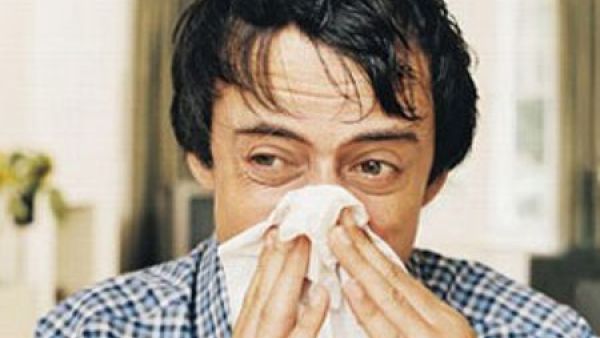The cold winter and cold spring made trees dormant but warm weather made them green and leafy and pure poison to many allergy sufferers, a U.S. allergist says.
Dr. Joseph Leija, an allergist at Loyola University Health System's Gottlieb Memorial Hospital in Melrose Park, Ill., says tree pollen normally declines as grass pollens escalate.
However, this year's high tree (pollen) count, the moderate grass, mold and even rising weed counts are creating a quadruple threat to allergy sufferers,
Leija says in a statement. Patients aren't even bothering to make an appointment; they just show up in the office, sniffling, sneezing and rubbing their eyes in pure misery.
Leija, a regional expert authority in allergies, suggests those with allergies to:
-- Rinse your nose and use saline solution to rinse the inner nostrils to remove trapped particles.
-- Limit outdoor exposure.
-- Close windows and resist the lure of fresh spring air and protect the quality of indoor air.
-- Run the air conditioner, because air conditioners dehumidify air and also act as a filter to trap particles.
-- Wash hair because hair traps pollen and allergens and brings them close to the nose.
-- Leave your shoes and bags outside the home, and change clothes after being outdoors and place them in a resealable bag.








